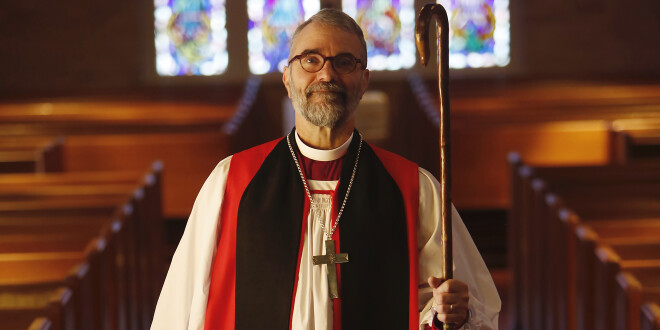Communion Matters XI: The Great New Fact

This is actually a sentence spoken by the great Roman Catholic theologian Karl Rahner in the middle of the 20th century to note the great demographic shift in world Christianity which had already then begun and has accelerated. In our world it is sometimes summarized by the statement that the typical Anglican is African, female, and in her 20’s. In a scholarly mode, this shift has been noted by the Church historian Philip Jenkins in the best-seller, The Next Christendom, which both looks back to the history of the Churches of the global south in order to look forward to the day, now here, when these Churches will take the lead. (He goes on, I might add, to note that global Christians are no longer far away, but down the street or across the town, which is true for us in the diocese). Recent stats from the Anglican priest/ demographer David Goodhew said that, in the last 50 years, while we in North American have been halved in membership down to 2.5 million, Africa has grown from 7 to 56 million communicants.
You might ask how this came to be, and there are many reasons. Change had, for example, come upon African society in the earlier 20th century, which sometimes opened people to new religious possibilities as well. (For example, in Buganda Christians were called msomi, those who can read, to denote this new, horizon expanding ability). In some places conversion conformed to the religion of the colonizers, though elsewhere the dynamic was quite different. Features of the Christian faith like healing or the ‘communion of the saints’ aligned to traditional belief, but directed to a new Lord.
However I would also like to stress that ancient features of conversion proved decisive as well, for example martyrdom (for example again Uganda). And in my own experience, quite simply, the practice of witnessing to neighbors, continually, is crucial. There is no reason we cannot follow the example of global brothers and sisters!
+GRS



